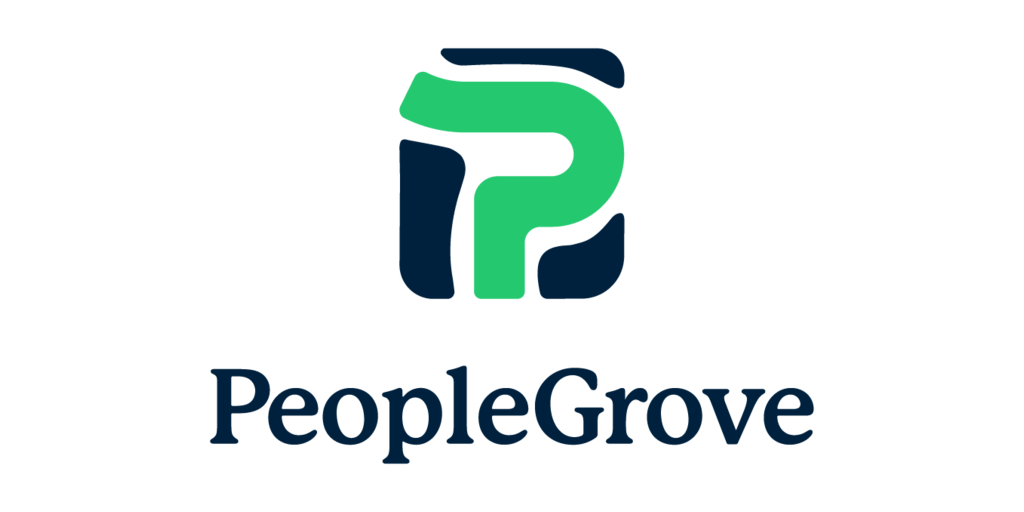Eight Principles of Good Practice for All Experiential Learning Activities
Regardless of the experiential learning activity, both the experience and the learning are fundamental. In the learning process and in the relationship between the learner and any facilitator(s) of learning, there is a mutual responsibility. All parties are empowered to achieve the principles which follow. Yet, at the same time, the facilitator(s) of learning are expected to take the lead in ensuring both the quality of the learning experience and of the work produced, and in supporting the learner to use the principles, which underlie the pedagogy of experiential education.
- Intention: All parties must be clear from the outset why experience is the chosen approach to the learning that is to take place and to the knowledge that will be demonstrated, applied or result from it. Intention represents the purposefulness that enables experience to become knowledge and, as such, is deeper than the goals, objectives, and activities that define the experience.
- Preparedness and Planning: Participants must ensure that they enter the experience with sufficient foundation to support a successful experience. They must also focus from the earliest stages of the experience/program on the identified intentions, adhering to them as goals, objectives and activities are defined. The resulting plan should include those intentions and be referred to on a regular basis by all parties. At the same time, it should be flexible enough to allow for adaptations as the experience unfolds.
- Authenticity: The experience must have a real world context and/or be useful and meaningful in reference to an applied setting or situation. This means that is should be designed in concert with those who will be affected by or use it, or in response to a real situation.
- Reflection: Reflection is the element that transforms simple experience to a learning experience. For knowledge to be discovered and internalized the learner must test assumptions and hypotheses about the outcomes of decisions and actions taken, then weigh the outcomes against past learning and future implications. This reflective process is integral to all phases of experiential learning, from identifying intention and choosing the experience, to considering preconceptions and observing how they change as the experience unfolds. Reflection is also an essential tool for adjusting the experience and measuring outcomes.
- Orientation and Training: For the full value of the experience to be accessible to both the learner and the learning facilitator(s), and to any involved organizational partners, it is essential that they be prepared with important background information about each other and about the context and environment in which the experience will operate. Once that baseline of knowledge is addressed, ongoing structured development opportunities should also be included to expand the learner’s appreciation of the context and skill requirements of her/his work.
- Monitoring and Continuous Improvement: Any learning activity will be dynamic and changing, and the parties involved all bear responsibility for ensuring that the experience, as it is in process, continues to provide the richest learning possible, while affirming the learner. It is important that there be a feedback loop related to learning intentions and quality objectives and that the structure of the experience be sufficiently flexible to permit change in response to what that feedback suggests. While reflection provides input for new hypotheses and knowledge based in documented experience, other strategies for observing progress against intentions and objectives should also be in place. Monitoring and continuous improvement represent the formative evaluation tools.
- Assessment and Evaluation: Outcomes and processes should be systematically documented with regard to initial intentions and quality outcomes. Assessment is a means to develop and refine the specific learning goals and quality objectives identified during the planning stages of the experience, while evaluation provides comprehensive data about the experiential process as a whole and whether it has met the intentions which suggested it.
- Acknowledgment: Recognition of learning and impact occur throughout the experience by way of the reflective and monitoring processes and through reporting, documentation and sharing of accomplishments. All parties to the experience should be included in the recognition of progress and accomplishment. Culminating documentation and celebration of learning and impact help provide closure and sustainability to the experience.
Source: National Society for Experiential Education. Presented at the 1998 Annual Meeting, Norfolk, VA
|
|
Last Updated on Thursday, December 08, 2022 12:39 PM |





